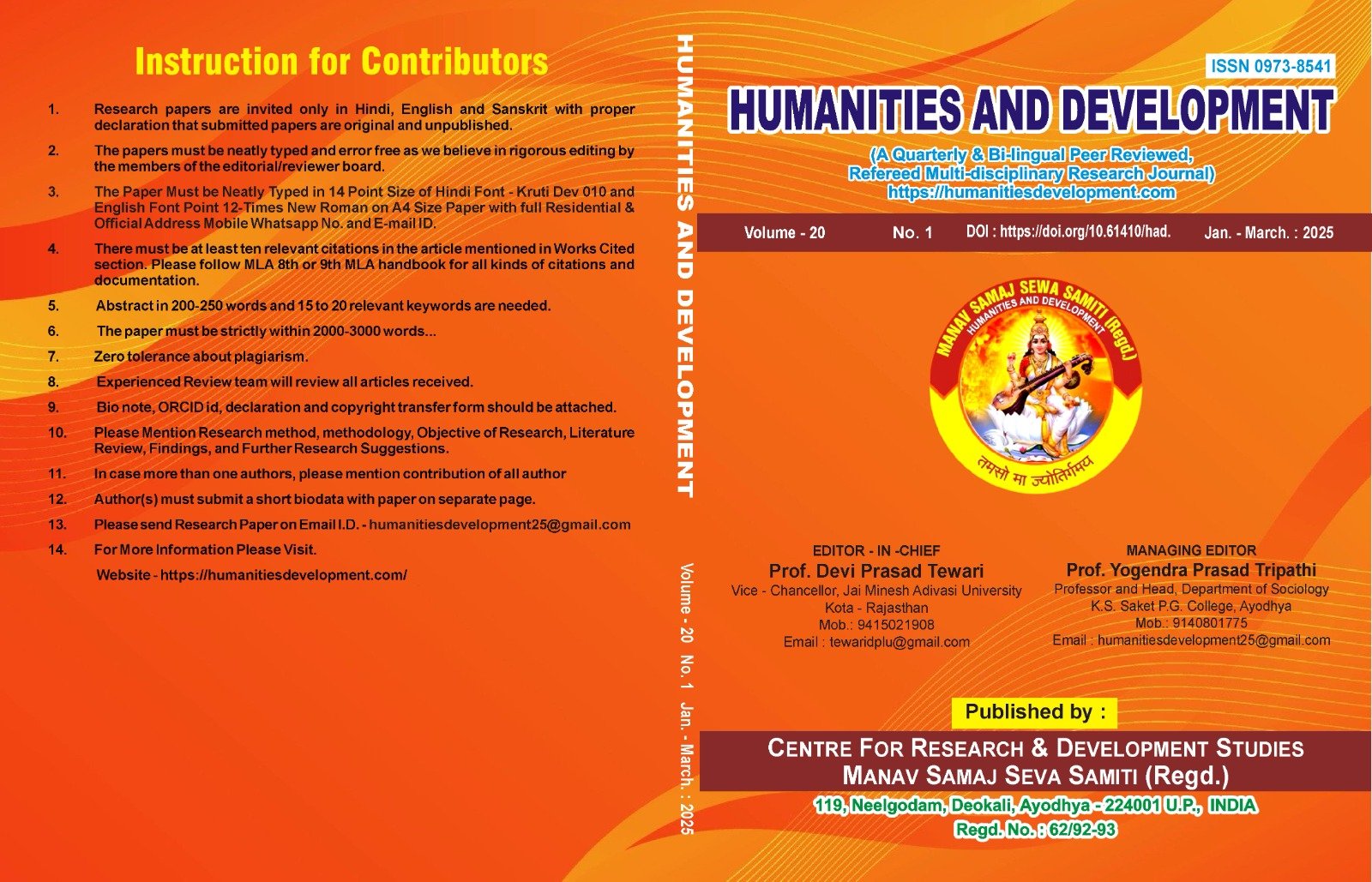The Neurobiological Basis of Nicotine and Alcohol Co- Addiction: Unraveling Molecular Mechanisms And Treatment Approaches
Abstract
According to this research nicotine and alcohol co – addiction is a complex issue with neurobiological and molecular mechanisms that are not fully understood. Both nicotine and alcohol have distinct Neurobiological pathway and mechanisms of action. Nicotine primarily acts on the brain via binding and activation of the nicotine acetylcholine receptors (nAChR ), while alcohol does not bind to one receptor in particular with activation of many different receptors of several neurotransmitter, such as serotonin, dopamine and gamma -aminobutyric acid.
The Neurobiological pathway to nicotine dependence might be appropriate to the attachment of nicotine to acetylcholine receptors, peruse by stimulation of dopaminergic system and activation of general pharmacological changes that might be responsible for nicotine addiction, nicotine presynaptic acetylcholine receptors, thereby enhancing Ach release metabolism and dopaminergic system is also stimulated by it thus increasing the concentration of dopamine in the nuclear accumbency.
In the case of alcohol,it can increase mood and relaxation decrease inhibitory,loss of motor control, and reduce reaction times acutely. However , the neurobiological mechanisms of the acute effects for nicotine and alcohol differ shared neurobiological mechanisms have been identified as underlying the comorbid use of and dependency on alcohol and nicotine. These shared mechanisms include cross-reinforcement via the mesolimbic dopamine pathway and cross -tolerance via shared genetic nAChR interaction.
The treatment approaches for nicotine and alcohol Co-Addiction are multifaceted and may involve pharmacological behavioural, and psychosocial interventions. The use of nicotine replacement therapy, medication. Such as varenicline or bupropion, and cognitive- behavioural therapy are some of the approaches that have been found to be effective in treating nicotine addiction. For alcohol addiction, medication such as naltrexone, accomprosate , and disulfiram as well as behavioural and psychosocial interventions are commonly used.


